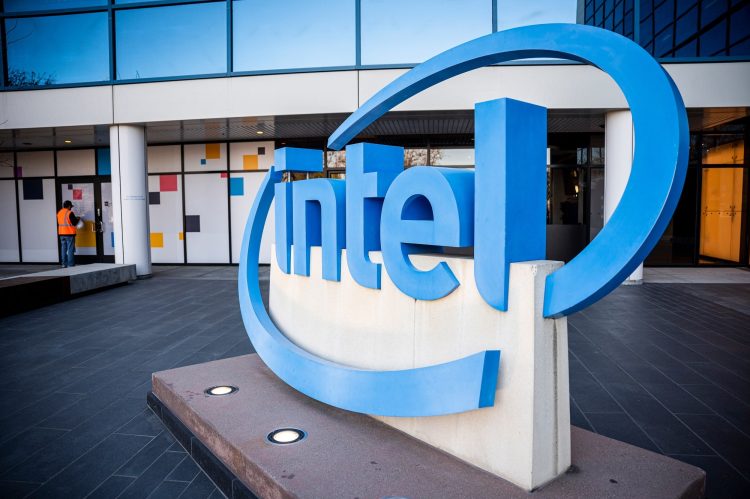Source: TechCrunch
Intel announced to its employees that it would lay off more than 15% of its staff—that is, 15,000 employees! It previously cut 5% of its workforce in October 2022. The massive layoff headcount is part of a larger plan to reduce spending by $10 billion in 2025. The company attributed the loss to the gross margin of its AI PC products.
A memo sent to the staff was from CEO Pat Gelsinger: “Our revenues have not grown as expected – and we’ve yet to benefit fully from powerful trends like AI. Our costs are too high; our margins are too low. We need bolder actions to address both – particularly given our financial results and outlook for the second half of 2024, which is tougher than previously expected.” A “voluntary departure,” a companywide enhanced retirement offering for eligible employees, is offered to the staff.
As mentioned in the memo, Intel needs to capitalize on the AI boom like other hardware companies, much like Nvidia. Annual revenues at Intel fell by $24 billion, and its workforce grew by 10% between 2020 and 2023. The company is also suspending its shareholder dividend starting in the fourth quarter of 2024. The main challenge for Intel is that its chip-making processes need to catch up to Taiwan’s TSMC, which counts AMD, Apple, Nvidia, and Qualcomm as customers. Some of Intel’s chips, including the upcoming Lunar Lake CPUs for laptops, will even use TSMC’s chip manufacturing technology.
Intel’s new Lunar Lake chips, which promise to beat the competition in AI workloads and laptop power efficiency, will be available on September 3. Meanwhile, Intel CEO Pat Gelsinger is investing billions in R&D and building new chip manufacturing facilities.
However, the company faces another controversy involving its 13th and 14th-generation Core desktop processors. While a fix is planned, Intel admits the problem is severe enough to cause permanent damage to affected processors. As a result, many PC makers have told their peers to steer clear of Intel’s desktop chips, and Intel faces a potential Class-Action Lawsuit over this. A law firm is gathering evidence to possibly file a class-action lawsuit against Intel for its handling of the chip stability issues facing the 13th and 14th-generation Core chip line.


